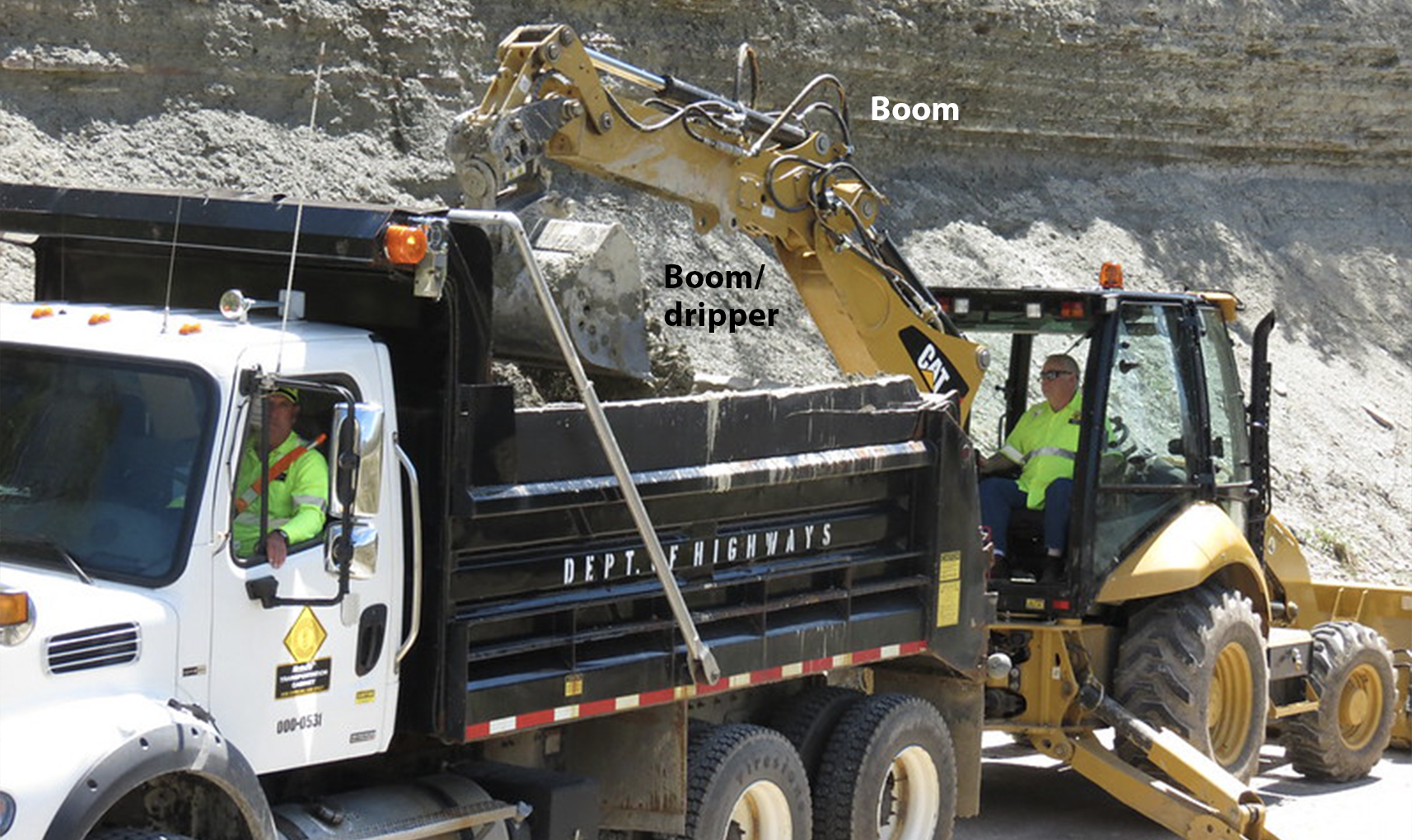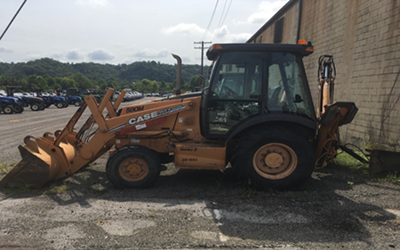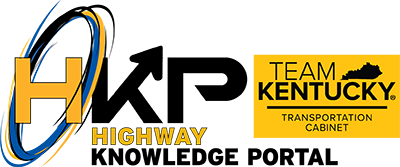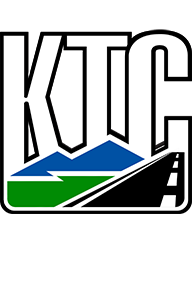Search for articles or browse our knowledge portal by topic.
Backhoes


Tractor-mounted combination of a backhoe excavator for digging at or below grade and a loader to remove loose soil or backfilling. They can be wheel-based (two- or four-wheel drive) or track-based vehicles. They can be fitted with various buckets and attachments for versatility, such as a hydraulic breaker (hoe-ram), compactor, and cold planer. They also have outriggers that can be extended for the vehicle’s safety and stability when using the backhoe’s hydraulic arms.
The excavation arm typically has a swing radius of 200° horizontally. The boom, stick, and bucket can be retracted and extended through a series of hydraulic cylinders. Backhoe engines can be gas or diesel fuel-powered.
The backhoe’s dual-use nature allows the operator’s cab to swing backward and forward, depending on whether the excavator or loader is in use.
In a typical backhoe, the front control panel contains the instruments for maneuvering the machine and operating the loader. The side control panel includes the tools for operating the excavator. Some models have a vandal cover to protect the side panel from unauthorized use.
Before U Dig (BUD)/811:
-
-
- Prior to any excavation activities, supervisor should call BUD (1-800-752-6007).
- A dig ticket also must be approved for any work performed by excavating equipment.
-
Safety of the operator:
-
-
- Operators should wear appropriate clothing and follow the necessary safety procedures that apply to all occasions.
- The operator’s PPE should include standard eye protection, work gloves, proper footwear, hearing protection, and hard hats.
- Equipment should be mounted carefully, and the steps and cab interior should be kept clean.
- Extreme caution should be applied around overhead power lines and underground utilities.
-
Safety of others:
-
-
- Always keep others in sight and away from the equipment.
- Establish a safe work zone.
- Never allow riders on the equipment.
-
Equipment Safety:
-
-
- Perform prestart inspection and lubrication daily.
- Make sure equipment is performing correctly.
- Check for obstacles and hazards in the area.
- Obey rules about parking and operating on inclines.
-
Know the equipment and its limitations.
Heavy Equipment Knowledge Book:
Access the complete Knowledge Book here: Heavy Equipment Knowledge Book
Next Article: Compactors
Previous Article: Asphalt Maintainers & Pavers

